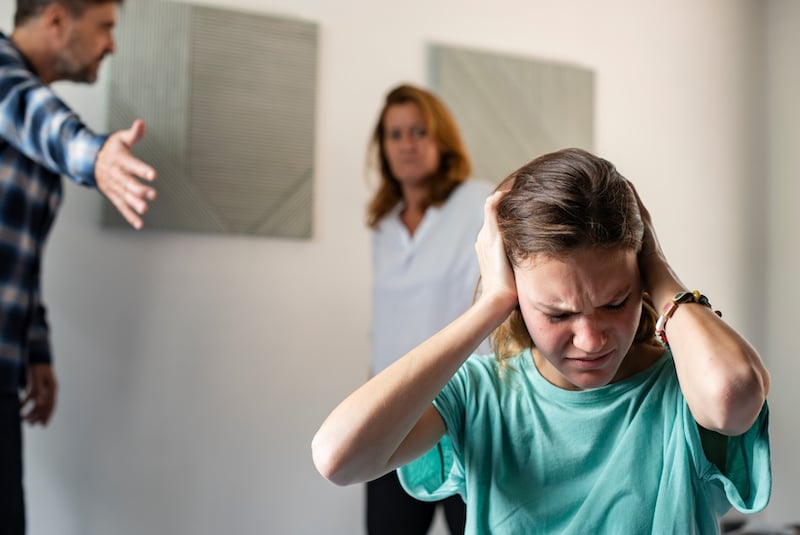Parents can support their children in overcoming anxiety by reassuring them that “while you might not FEEL safe, you are not in any danger” and by allowing them to endure discomfort and uncertainty and come out on the other side. Fortunately, there are a number of other therapies that can be quite beneficial. Many of these strategies are covert, which means your kid can use them at the moment without others noticing.
Mindful Observation is a skill that can help you become more aware of your surroundings. Mindfulness is the practice of being keenly aware/present in the “here and now” of the moment and observing one’s thoughts, feelings, and experiences without passing judgment on them. Mindfulness can assist in shifting one’s focus away from anxious thoughts and toward self-control. Try focusing all of your attention on a single thing in the room or environment. Do this by describing (either aloud or silently) all of the smaller characteristics of an object in your field of vision. Is it, for example, heavy or light? Is it a rough or a smooth surface? Colors? Lettering? Is there a scent to it? The more specific you are, the more your brain will concentrate on that object rather than the worrisome idea.
Scattered counting. Counting in odd numbers. Randomly selecting numbers (out loud or silently) and counting backward in odd numbers ( 49, 47, 45 etc) requires more attention and cognitive energy than simply counting in order (1, 2, 3, 4…) (50, 13, 88, 2, 16…). Again, this diverts attention away from anxious thoughts and toward the task of reciting random numbers, which, will allow the mind to quieten.
Talking back to the negative thought. Recognizing an anxious thought for what it is, a false alarm can help put things into perspective and allow one to challenge the unhelpful thoughts). Giving the negative thoughts a name and shouting (internally) at them is a very powerful way of counteracting them.
The simple act of externalizing anxiety by naming it can help it feel more controllable. It becomes something outside of you, asserting that anxiety isn’t a natural part of who you are and that there’s nothing “wrong” with you. Instead, it is a “thing” that follows you and can be controlled.






